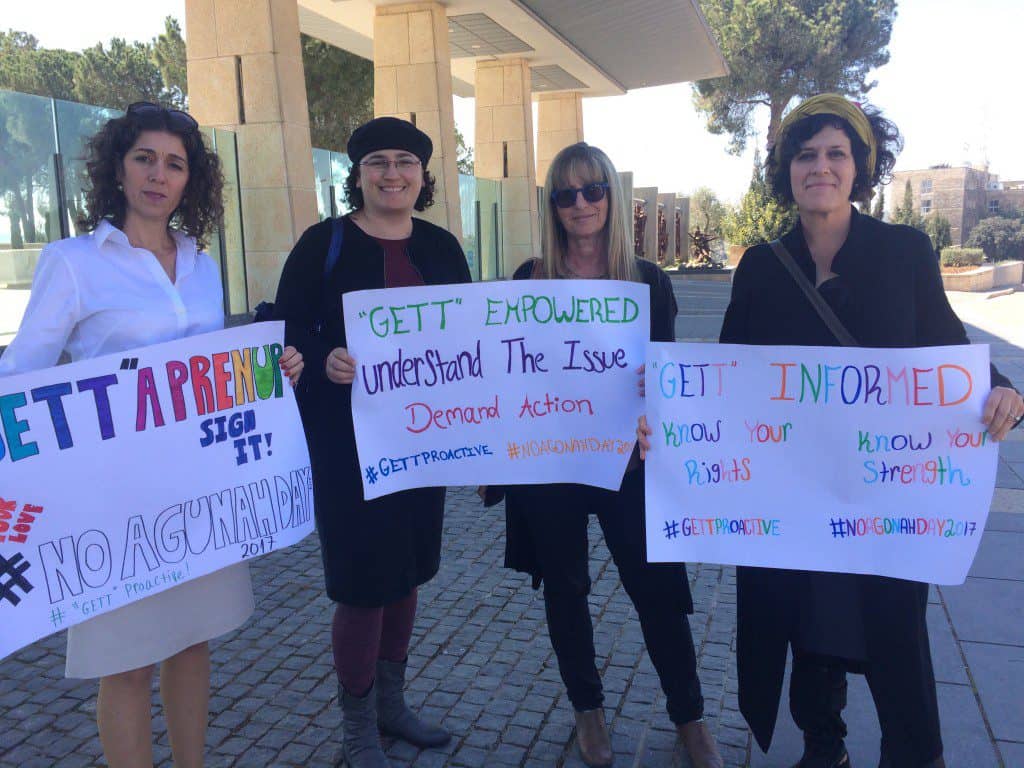Too often, we speak of the plight of the agunah as if it were an inevitable, albeit tragic, fact of life. Like cancer or a natural disaster, we are passive in the face of this devastating misfortune. It could happen to anyone, we say.
Every year, the special “Misheberach [Prayer] for the Agunah”circulates on social media as we plead God to alleviate the agunah’s suffering. Some even cite the fixture of the agunah as a testament to a community’s piety, the noble victim whose “sacrifice is a public, ongoing reaffirmation of the legitimacy and inviolability of the religious laws surrounding marriage and divorce.” A prominent halachist famously remarked that the unsolved agunah problem was his own “personal akedah,” evoking Abraham’s morally conflicted sacrifice of his son. Just yesterday, in a special Knesset meeting, one woman proposed to enshrine the status of agunah as a special legal category as a way for agunot to obtain eligibility for single mother benefits from the state.
As a community, we have settled — uncomfortably — into the reality that the agunah problem is one to be managed, not solved.
By treating it as a divine decree, however — an act of God rather than an aggression of man — we exempt ourselves from liability or claims of negligence. Our personal agency does not even factor into the equation. Such thinking leads to the types of “solutions” mentioned above — ones that express sympathy or even outrage but are always looking back, reactively, to a problem.
Read more on the Times of Israel
Rachel Stomel


